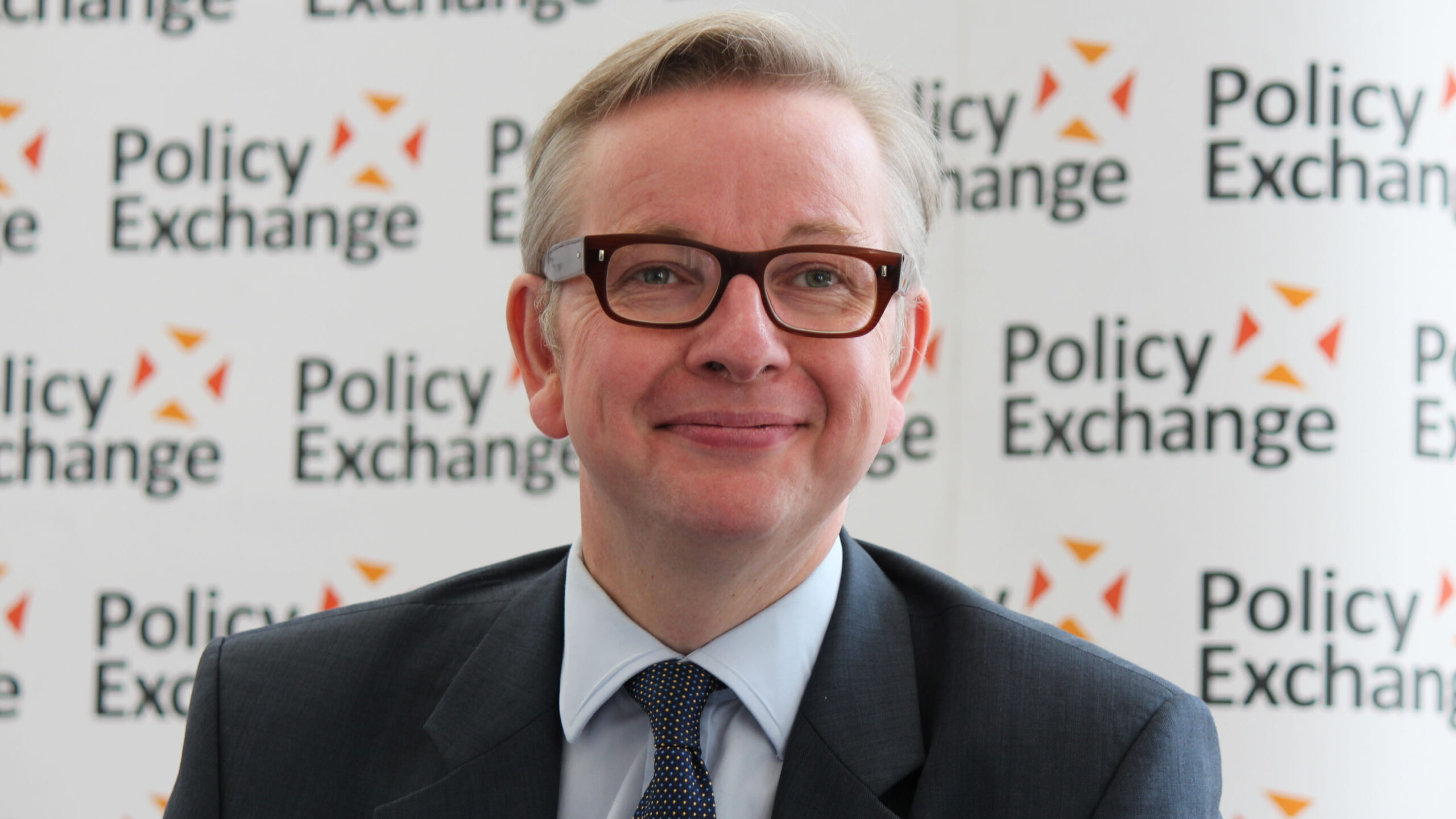
Abu Yusra Chowdhury
Concerns have arisen regarding the influence the Policy Exchange may wield over a potential incoming Labour government, particularly concerning aspects of British Muslim life.
These concerns coincide with the right-wing think tank’s recent release of another report criticising a proposed definition of Islamophobia from 2019 by the All-Party Parliamentary Group (APPG) on British Muslims. The definition asserts that Islamophobia ‘is rooted in racism and is a form of racism targeting expressions of Muslimness or perceived Muslimness.’
This definition has garnered support from all major political parties, including the Labour Party and the Scottish Conservative Party, as well as various councils and organisations across the country.
While acknowledging the Labour Party’s endorsement of the definition, championed by senior Labour figure Wes Streeting, the Policy Exchange report suggests that opposition leader Sir Kier Starmer “may enact the definition if, as seems probable, he assumes office.
Those in favour of such a move may view it as an easy concession to mitigate the perceived damage to Labour’s relationship with British Muslim communities caused by its Middle East policy. However, this would be a greater error now than before.”
Opponents of the definition, including the Conservative Party, the National Secular Society, Humanist UK, and other right-wing groups, have voiced their dissent. The Policy Exchange’s latest report marks the third critique of the proposed definition.
In April 2019, the group argued that the definition would hamper counter-terrorism efforts. Yet following dialogue with MPs and peers, then head of the National Police Chiefs’ Council (NPCC) Martin Hewitt and former head of UK counter-terror policing Neil Basu reconsidered their initial reservations, urging Prime Minister Boris Johnson to adopt the definition after being reassured that it would not impede their efforts.
In the latest report, Sir Sajid Javid MP, writing the foreword, contends that the Islamophobia definition ‘risks establishing a blasphemy law via the backdoor by targeting legitimate speech.’
However, the APPG on British Muslims’ report on the definition clarifies: “Let us be clear: the aim of establishing a working definition of Islamophobia has neither been motivated by nor intended to curtail free speech or criticism of Islam as a religion.”
The latest report dismisses this safeguard by citing incidents since October 7, 2023, which it argues do not warrant the label ‘Islamophobic.’
While acknowledging that comments by former Conservative Party deputy chair Lee Anderson were ‘anti-Muslim’ when he referred to London Mayor Sadiq Khan as being surrounded by ‘Islamists,’ the report contends that the withdrawal of the whip from Mr Anderson was sufficient.
It questions the necessity of an Islamophobia definition unless one wishes to criminalise offensive remarks. However, the Policy Exchange fails to address the Conservative Party’s failure to explain its actions regarding Anderson or its avoidance of the term ‘anti-Muslim hatred.’
The Policy Exchange report asserts that the Islamophobia definition threatens free speech but does not assess whether their cited examples align with those of Islamophobia listed by the APPG on British Muslims. Instead, it derisively highlights one example—accusing Muslims of exaggerating Islamophobia—as itself an “example of Islamophobia in public life.”
The report also fails to acknowledge that the APPG’s definition drew inspiration from the International Holocaust Remembrance Alliance’s (IHRA) definition of antisemitism, which, despite being adopted by all major political parties, faces similar criticisms regarding free speech.
For the past two decades, the Policy Exchange has influenced the UK government’s thinking on British Muslims, consistently framing Muslims through a security lens, casting doubt on multiculturalism, and criticising British Muslim civil society.
In 2007, BBC Newsnight exposed fabricated evidence in one Policy Exchange report alleging the sale of extremist material at British mosques. In 2016, the group published a report claiming that Muslims were living ‘somewhat separately’ from other minorities.
In 2022, it criticised Muslim groups for voicing concerns about the government’s Prevent programme while disregarding support from mainstream human rights groups and the United Nations.
The Policy Exchange holds significant sway over the Conservative Party and arguably influences the Labour Party as well. Labour MP Khalid Mahmood is a recent co-author of the organisation’s report and a senior fellow at the Policy Exchange. Mahmood is associated with the little-known ‘Labour Muslim Forum’, believed to be positioning itself as an alternative to the Labour Muslim Network.
In 2006 and 2007, the Policy Exchange promoted the now-defunct Sufi Muslim Council, led by Haras Rafiq, who later established the equally defunct Quilliam Foundation. These organisations were perceived as pliable alternatives to grassroots Muslim voices.
It is uncertain whether the Labour Party will defer thought leadership to the Policy Exchange regarding British Muslims. The right-wing think tank has hosted several front-bench Labour politicians, including shadow health secretary Wes Streeting, who co-chaired the All-Party Parliamentary Group on British Muslims and is reportedly ‘proud’ of the proposed definition of Islamophobia. It remains to be seen whether that pride survives into government.
Photo: Policy Exchange was set up in 2002 by a group including Nicholas Boles (director), Michael Gove (chairman), pictured, and Francis Maude. Gove, who is now the Communities Secretary, is facing threats of legal action after naming Muslim organizations that could fall foul of a new definition of extremism—a definition which has been slammed by Muslim and civil rights NGOs as discriminatory and a means of silencing criticism of the government. (Credit: Policy Exchange/Flickr Commons)